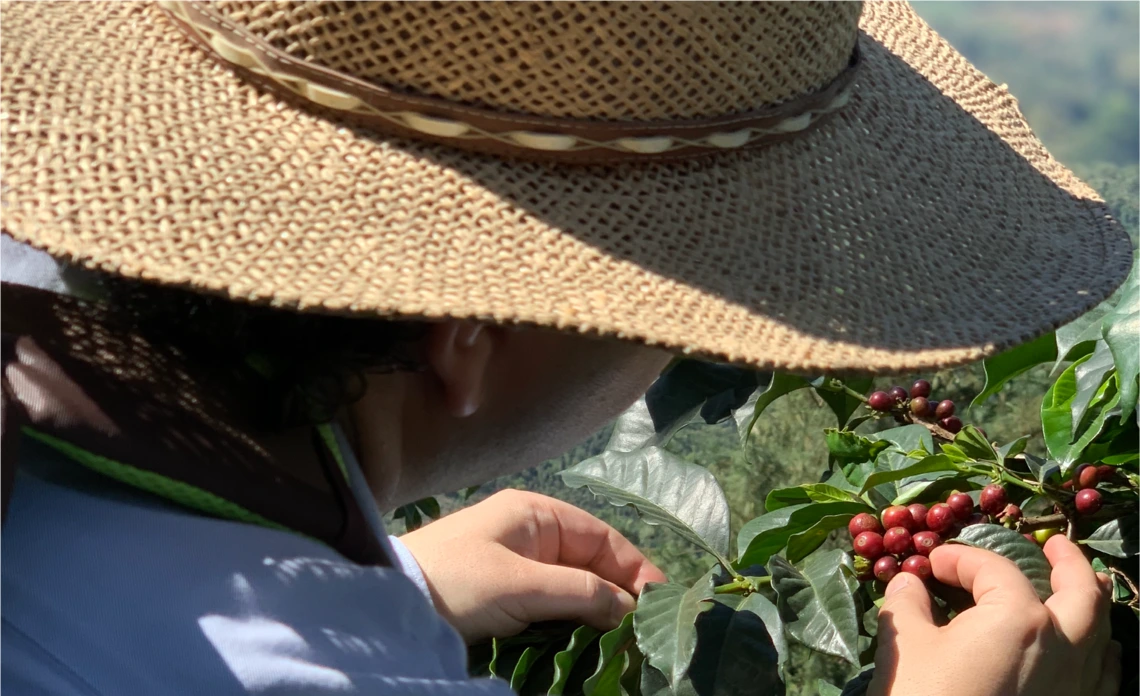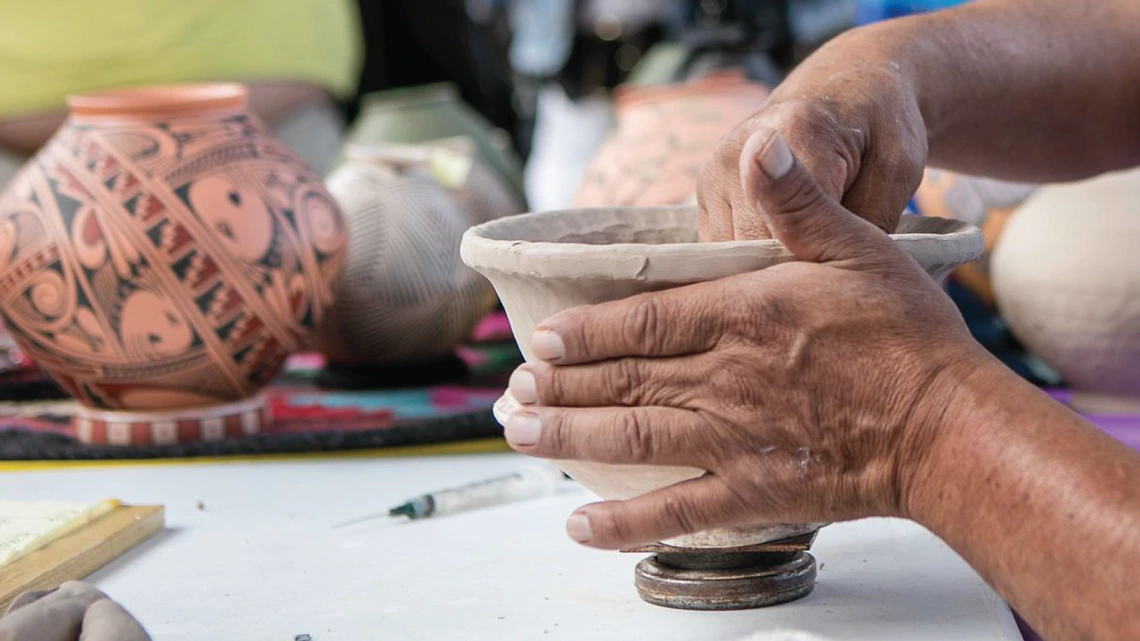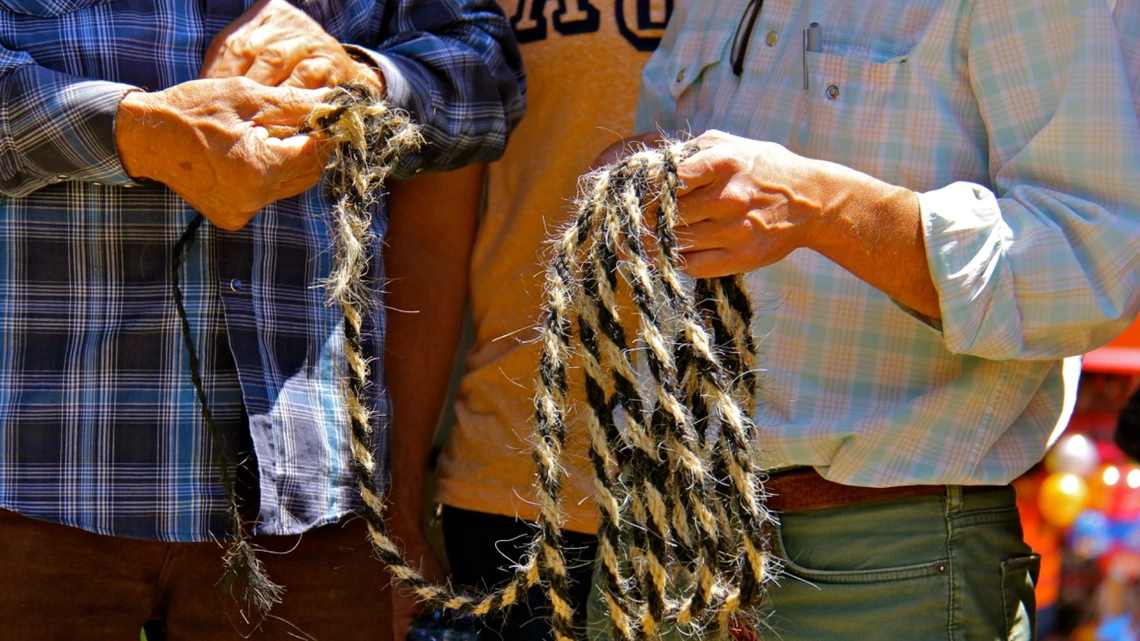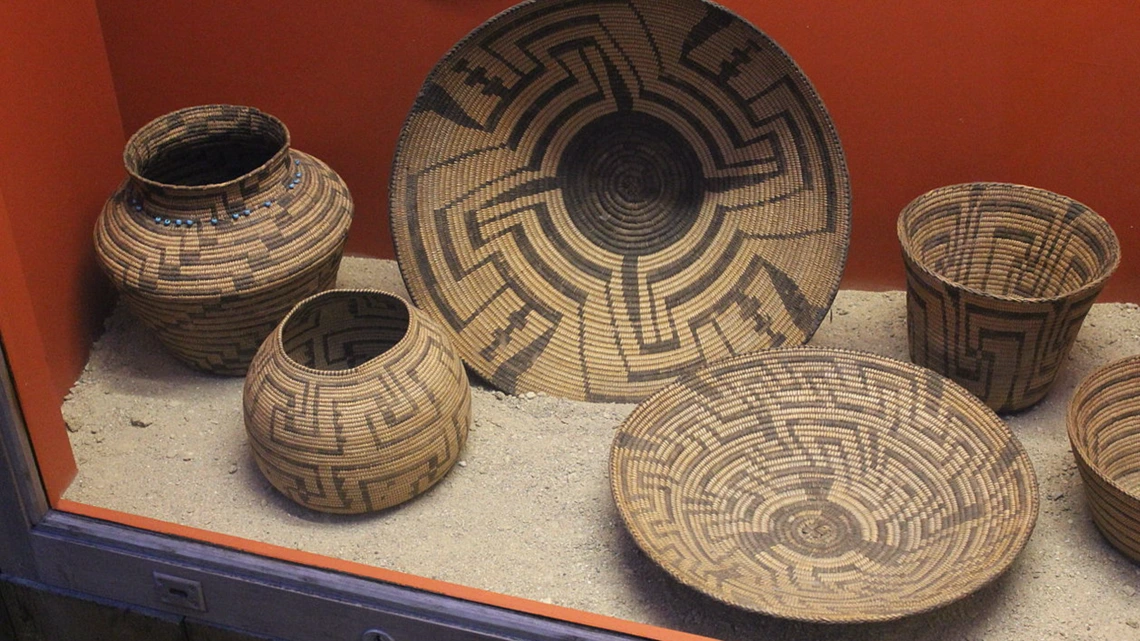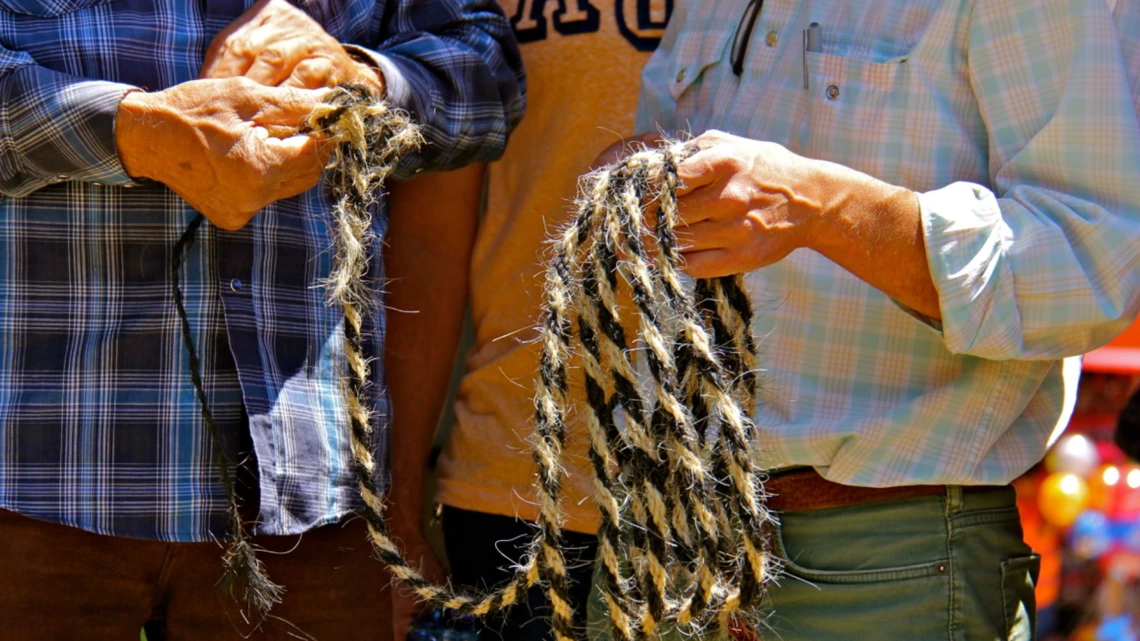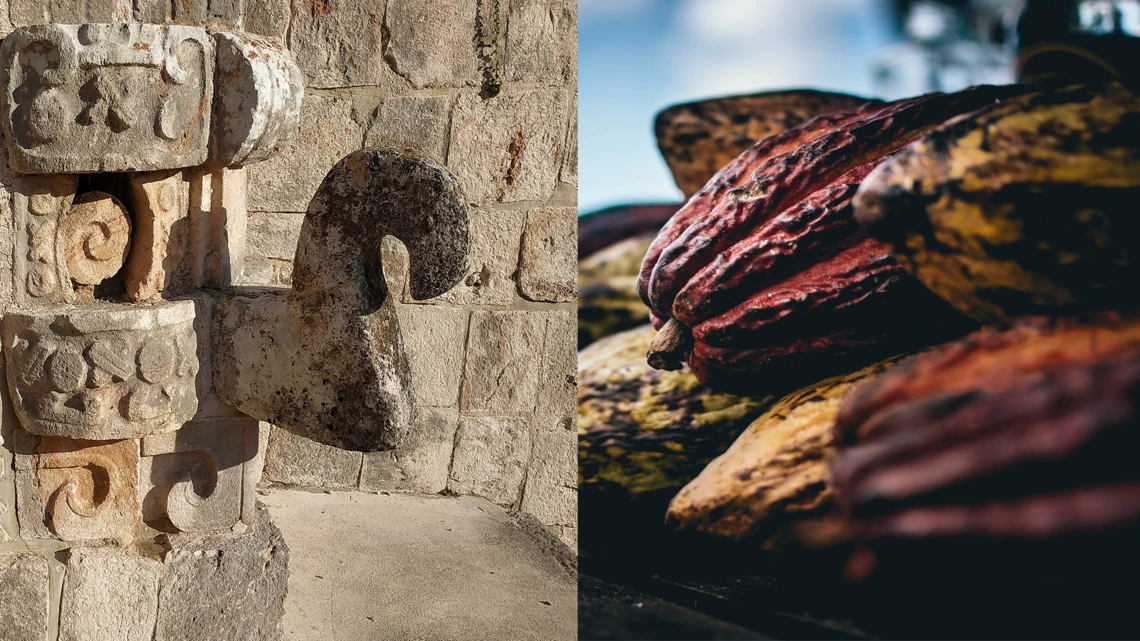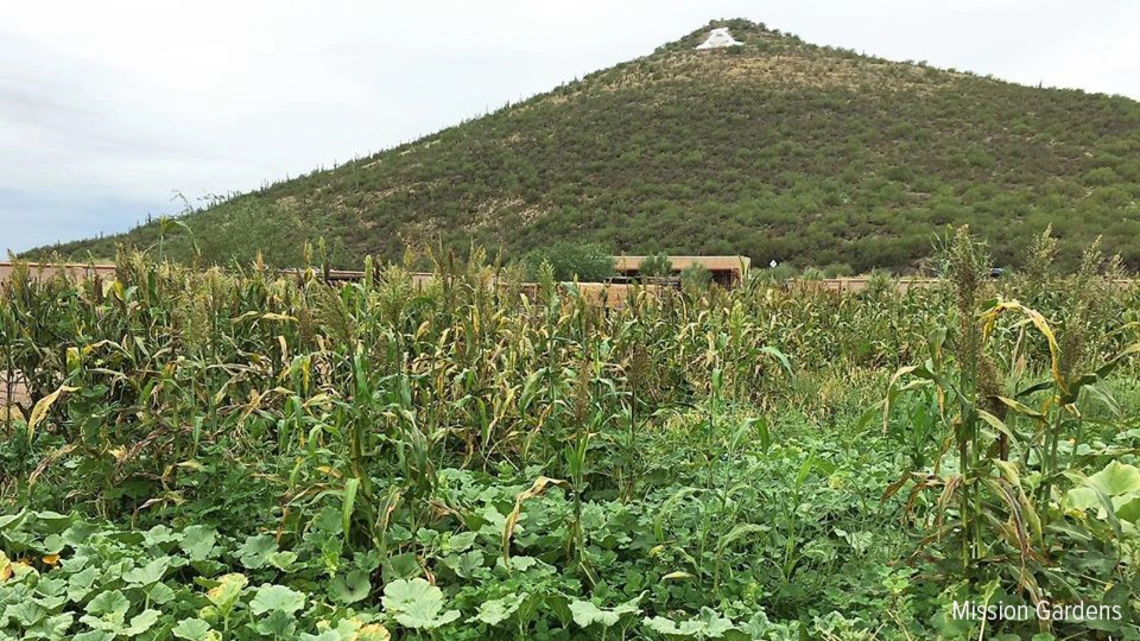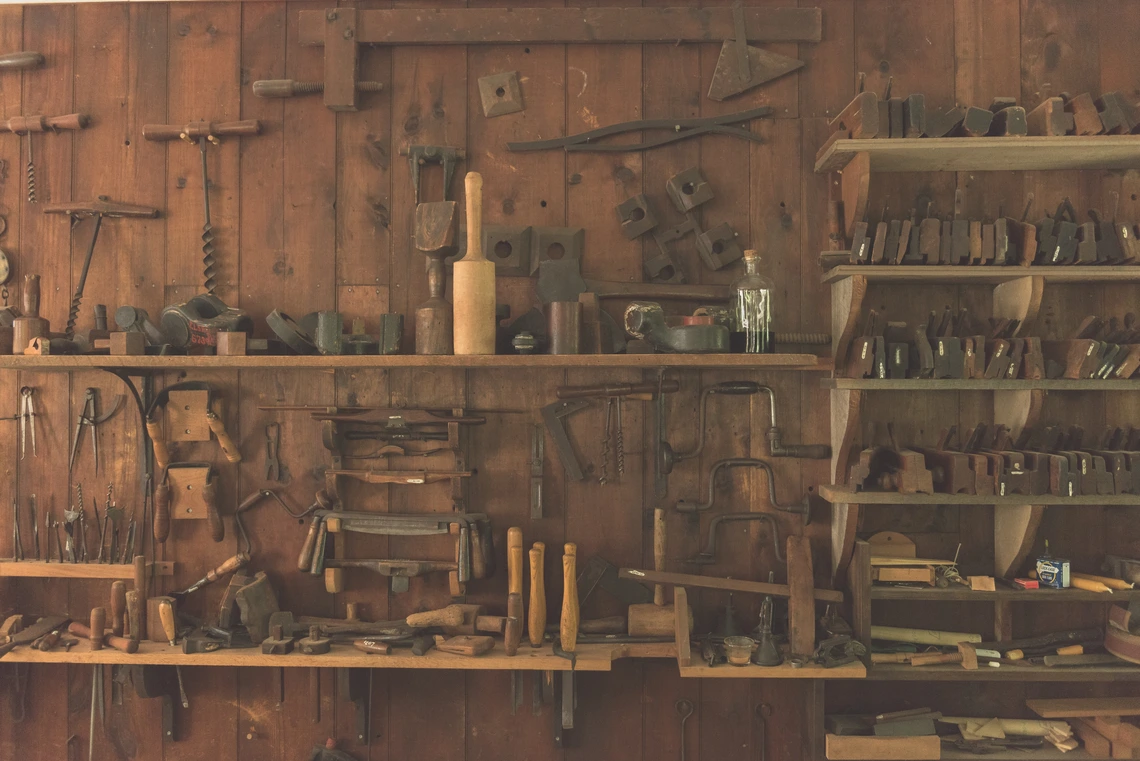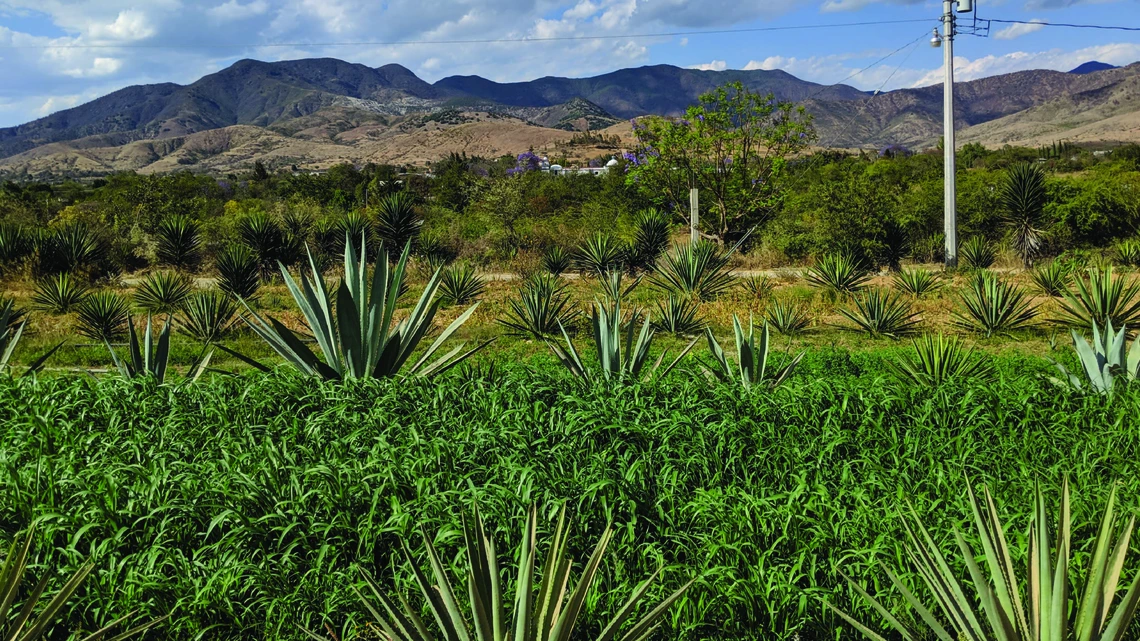Xinachtli ~ Ancestral Cooking and Storytelling Masterclass
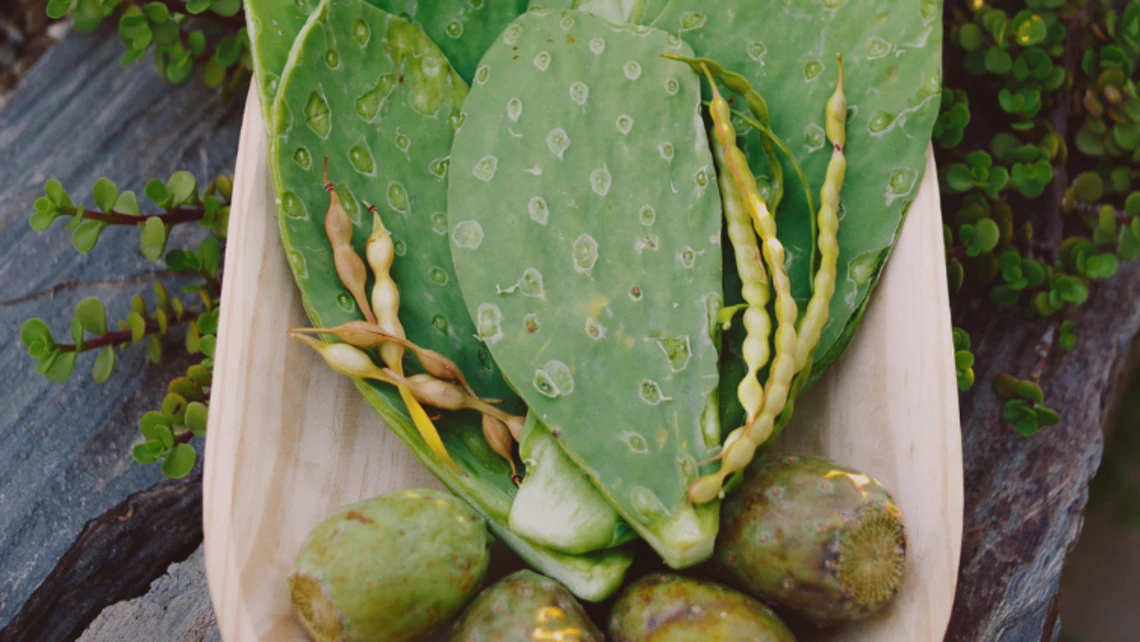
Course Description
Recognized as a Master in Ancestral Foodways by the community, Maria del Carmen Parra Cano and was awarded a Master apprenticeship award in 2020 by Southwest Folk Alliance. Chef Maria Parra Cano is mami-preneur of Sana Sana Foods and Indigena. Born and raised in Barrio Garfield, Downtown Phoenix, Maria received her undergraduate degree from Arizona State University, her MBA from Grand Canyon University and a culinary arts degree from Scottsdale Culinary Institute - Le Cordon Bleu.
Chef Maria will provide a hands-on workshop focused on seeds & storytelling while preparing a meal.
- Participants will be able to select from images depicting plants from the Sonoran Desert, cultural images, and glyphs.
- They will use seeds & grains being used in the dishes to create art prints that they can take home.
- Participants will also participate in prepping items that will be cooked and shared as a community meal.
- Participants will be provided with a workshop handout that includes all recipes being shared.
Xinachtli (Sheen-ach-tlee) is a Nahuatl (Aztec) describing the moment a seed germinates, reaching its “bursting” and “in between” point when it is no longer a seed and not yet the plant it will transform into.
Sana Sana is a plant-based movement aimed at healing the community from diseases like diabetes and hypertension through food. Chef Maria was taught to cook at a very young age by her mother, Maria Cristina Parra Martinez, and learned about indigenous cuisines from Central and Southern Mexico. Maria has been working with local community groups to expand their knowledge of ancestral/traditional foods by providing community cooking classes, demos, and workshops, as well as a mobile Indigenous Food Pantry.
*NEW* We also offer a MasterClass Food Series Bundle. Enroll in all three courses (Crop to Cup Master Class, Xinachtli ~ Ancestral Cooking and Storytelling and It Starts With The Seed: An Introduction to Tohono O'odham Farming) for a discounted rate. This option is available when registering. This course is limited to 25 participants.
Course Format
Masterclasses are a new feature of the SBS Community Classroom Program. Masterclasses are taught by an expert instructor as a one-time workshop-style class. The class will be interactive according to the subject matter and students will get the opportunity for Q&A with the instructor(s).
Attendance & Participation
This course will be delivered in-person at the Mission Gardens.
Registration
Online registration for this course will open Monday, August 1, 2022 at 10 AM. After registration, participants will receive a receipt of registration. Subsequently, participants will receive class instructions 1-2 weeks before the start of the course.
Refunds
Refunds are available. They must be requested at least 48 hours before the start of the class. Individuals who register for the Masterclass bundle and need to arrange for cancelation and/or refund, please contact Stephanie Noriega at communitymatters@email.arizona.edu
A $10 administrative fee for each cancellation will apply.


